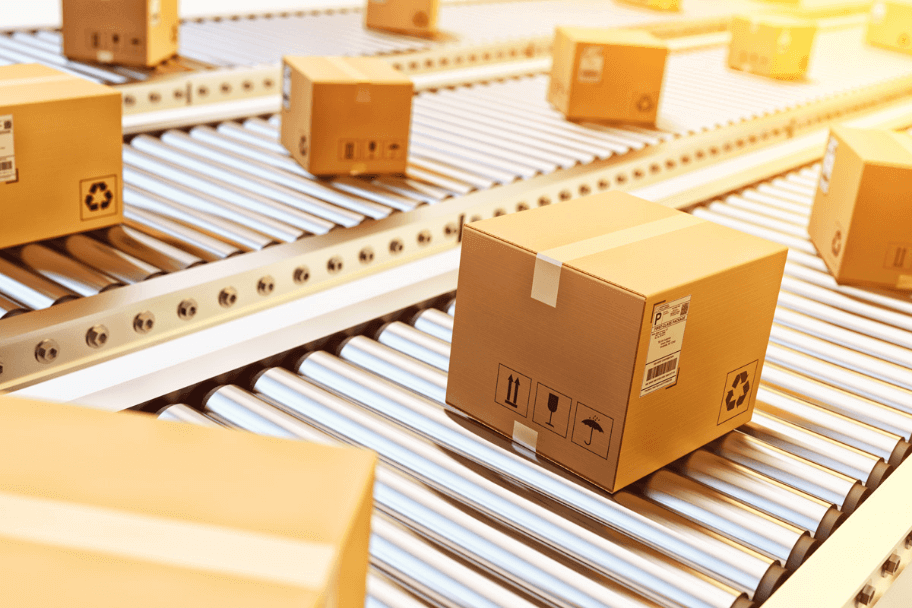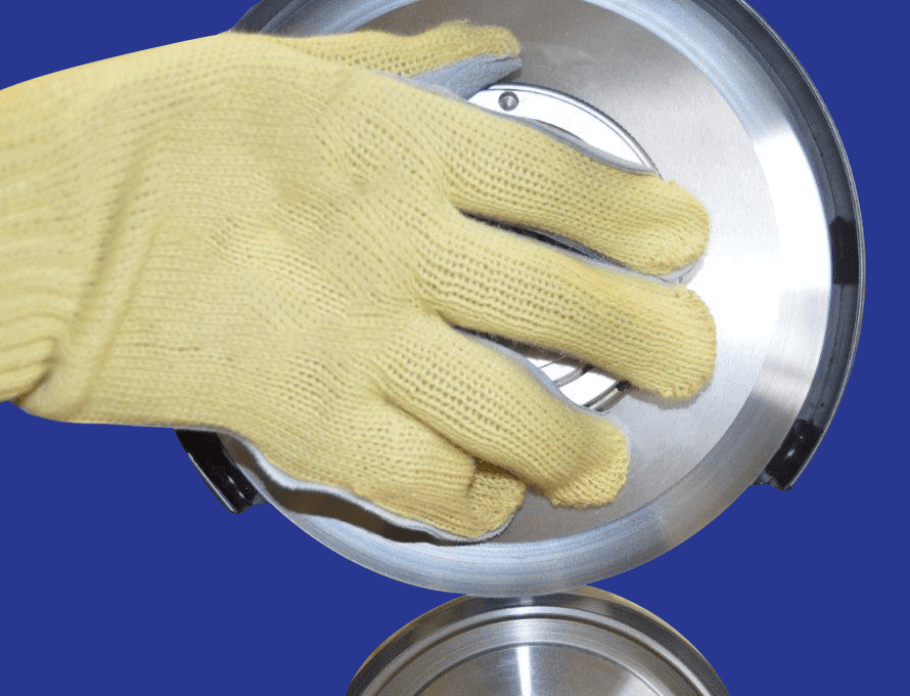Blade Care and Industrial Knife Safety Tips
How to Keep Your Industrial Blades in Peak Condition
Maintenance and care can prolong the life of your industrial blades. Follow these general tips to maximize the use and life of your blades:
Sharpen Knives Regularly: Sharp knives produce precise cuts. Have your knives sharpened consistently to optimize precision, accuracy and efficiency for your application. Establish a regular schedule to ensure blades are sharpened before they become dull enough to cause poor cut quality.
Protect Blade Edges: When your industrial blades aren’t in use, cover the cutting edges with a protective covering to prevent nicks.

Take Care When Shipping Blades: Separate dull and sharp knives. Also package blades in a container designed specifically to protect blades. This will help prevent nicks, which could require extra grinding, higher costs and a shorter blade life.
Remove Dust and Debris: Always keep the slitter section as free of dust and debris as possible. It is recommended to use air to blow down the slitter section and wipe it clean at least once per shift.
Prevent Rusting: Steel industrial blades can be exposed to moisture in the converting process, which could lead to rusting. To avoid this, use a rust preventative on the blade.
What You Need to Know About Industrial Knife Safety
Ensuring the safety of your employees is priority, especially when working with sharp blades. Most accidents occur when people are in a hurry and not thinking about what they are doing. The most important thing you can do is to slow down and use extreme caution. Safety is mostly common sense. Stay alert and think about what you are doing at all times.
- Understand equipment operation and disable all equipment when handling blades.
- Changing blades is a one-person job.
- Always use proper tools for the job.
- Always wear protective gloves.
- Always lay blades and bands on the floor. Don’t prop them against a ledge where they can fall and cut someone.
- Always protect blades in transit. When moving a blade from place to place in your facility, use a safety box.
- Never run your finger over the edge of a slitter blade or band.
- Never throw blades or bands.
- Never try to catch a falling blade or stop a spinning blade with your hand.
- Always store and ship the blades and bands in a container specially designed to protect the blades.
- Dull blades should be handled with as much care as sharp blades to prevent nicks and chips.

Need Blade Care or Safety Training?
Maintenance routines, blade care and safety can vary depending on your cutting application. Valley Grinding & Manufacturing can assess your needs to establish a proper blade care plan. Our experts are also willing to go on-site to train your employees about blade care or industrial knife safety.

